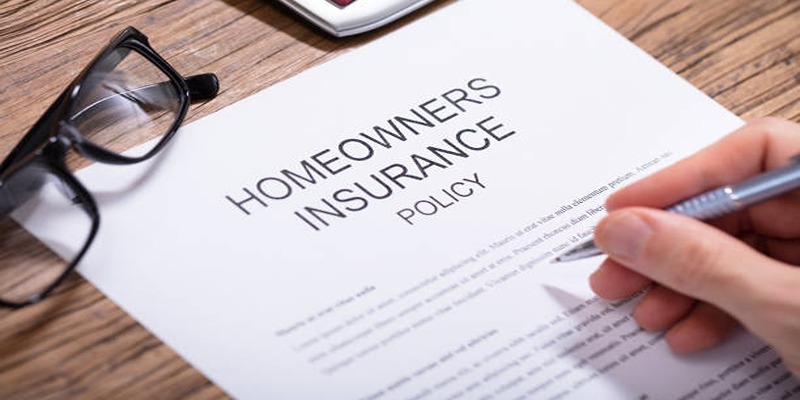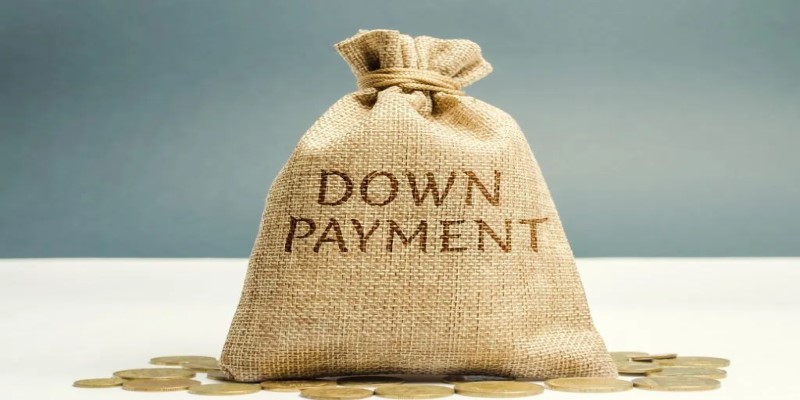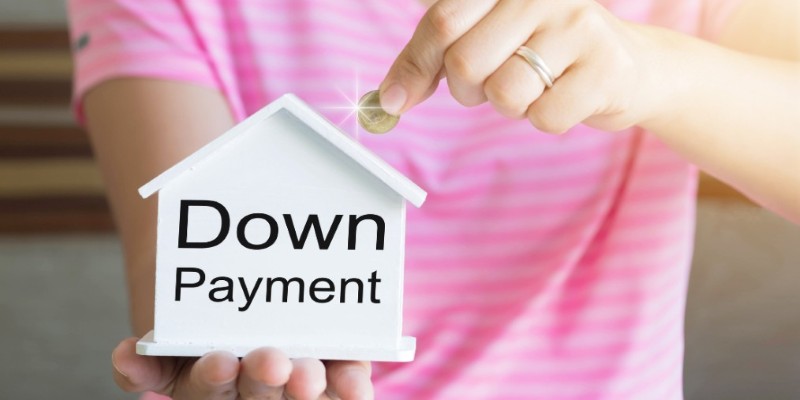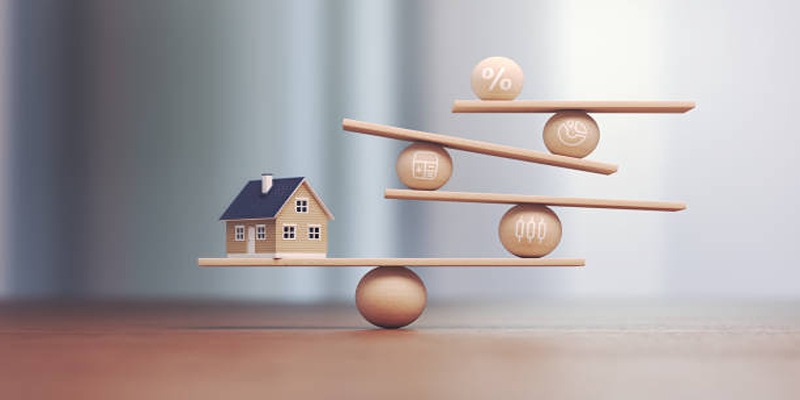Closing on a house is a big moment. You sign the papers, get the keys, and suddenly, it's yours. But once the congratulations and handshakes are over, a practical side kicks in. The journey doesn't stop at the closing table. From updating records to checking on the physical condition of your new place, there are steps to make the move smoother and protect your investment. It might feel like everything is done, but the real work of settling in is just getting started.
Essential Things to Do After Closing on a House for a Smooth Start
Secure All Documents and Store Them Safely
The closing process generates a lot of paperwork. These include your deed, closing disclosure, title insurance policy, and mortgage agreement. All are important and should be kept in a safe, dry place. Homeowners often misplace these papers in the chaos of moving. Consider scanning digital copies for backup. If you bought a house with others, ensure all parties can access the documents.
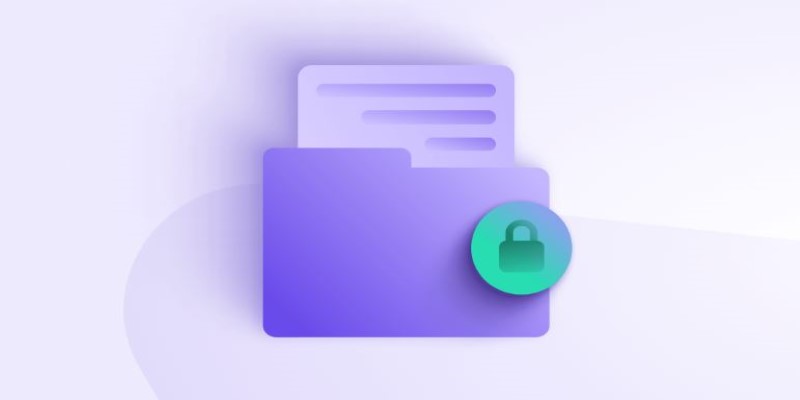
Some counties may take weeks to officially record your deed, so don't worry if you don't see it immediately. But once you receive it, double-check the information for accuracy and keep it stored with the rest of your important home records.
Switch Utilities and Set Up Accounts
Ideally, you’ve already scheduled utilities to be switched to your name before the closing date. If not, now is the time. Contact electric, gas, water, garbage, internet, and other service providers to update the account information. This avoids service interruptions and ensures you're not paying for someone else's usage. If the service lapses, some areas charge a reconnection fee, so prioritize this.
This is also a good time to explore options for internet providers or solar plans if you're interested in upgrading or cutting down on bills.
Change the Locks and Boost Security
You can never be sure how many people had access to your house before you bought it. Several people could still have keys, from previous owners to real estate agents or maintenance workers. Replacing or rekeying all exterior locks gives you control over access. Reset all codes if the home has a smart lock or garage door keypad.
Check the rest of the security setup, too. If you're concerned about safety, install motion-sensor lights or a doorbell camera. A security system may lower your homeowner's insurance premium while giving you peace of mind.
Do a Deep Clean Before Moving In
Cleaning is easier when the house is empty. You can hire a professional cleaning service or roll up your sleeves and do it yourself but don't skip this step. Wipe down shelves, inside cabinets, and all the nooks that might have been missed during showings.
If you have time before moving day, this is a great chance to shampoo carpets, polish floors, or repaint walls. During a thorough clean, it's also easier to notice issues like pest problems or small damages.
Set Up Mail Forwarding and Update Your Address
Don’t forget to set up a mail forwarding request with the United States Postal Service. This ensures that mail sent to your old address reaches you at your new one. You should also update your address with your bank, employer, insurance providers, subscriptions, and any other services you use.
This process can take a few days to take effect, so the sooner you do it, the better. Also, update your voter registration if you've moved to a new county or state.
Review the Inspection Report and Make a Repair Plan
If you had a home inspection before closing, revisit the report and make a checklist of things that need attention. Not every issue will be urgent, but staying on top of maintenance is wise before small problems become bigger.
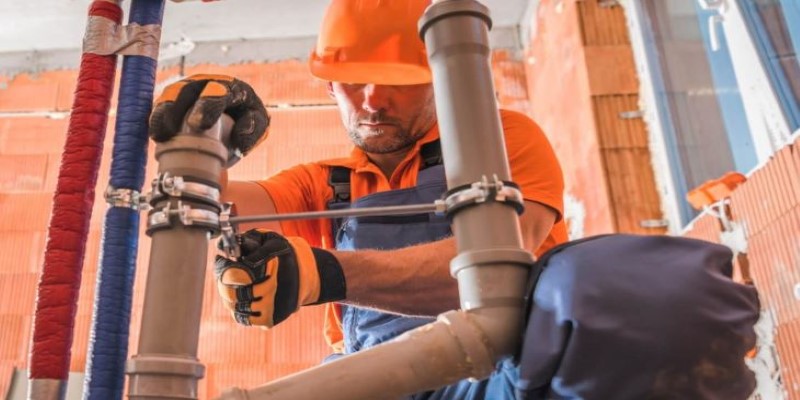
Some buyers negotiate repairs during closing, but others accept the property "as-is." In either case, now that the home is yours, you can plan upgrades or fixes based on your schedule and budget. Prioritize safety-related repairs first, like faulty wiring, plumbing leaks, or weak roofing.
Create a Home Maintenance Schedule
Homeownership involves ongoing tasks that keep your place in good shape. Start building a home maintenance calendar with reminders for things like changing HVAC filters, cleaning gutters, servicing your heating system, and inspecting your roof. If your home has a septic tank, chimney, or pool, add those to the schedule, too.
New homeowners sometimes underestimate the benefit of regular checkups. Skipping routine upkeep can lead to costly repairs later. A simple spreadsheet or phone reminder system can help you stay organized.
Set Up an Emergency Fund for the House
After spending a lot on the purchase, setting aside more money may not sound appealing. But unexpected costs will come up—appliances break, plumbing leaks, and weather events can hit without warning. An emergency fund gives you some breathing room and helps you avoid going into debt for basic repairs.
You don’t have to save a huge amount right away. Start with a few hundred dollars, then slowly build it over time. A common goal is three to six months’ worth of housing expenses.
Meet the Neighbors and Learn Local Rules
Knowing your neighbors helps build community and adds more safety to your home. They can inform you about garbage pickup days, noise ordinances, or even tips for local contractors.
Ensure you understand the rules if your home is in a community with a homeowner's association (HOA). You may need to follow guidelines about landscaping, parking, or exterior renovations. Ignoring these can lead to fines or disputes.
Conclusion
Closing day isn't the finish line—it's the start of living in your new space. Taking care of practical tasks like updating records, securing the home, and planning for maintenance helps you settle in with fewer surprises. Whether changing locks or setting up utilities, each step plays a role. Knowing what to do after buying a home can make the transition smoother and protect the time and money invested.






